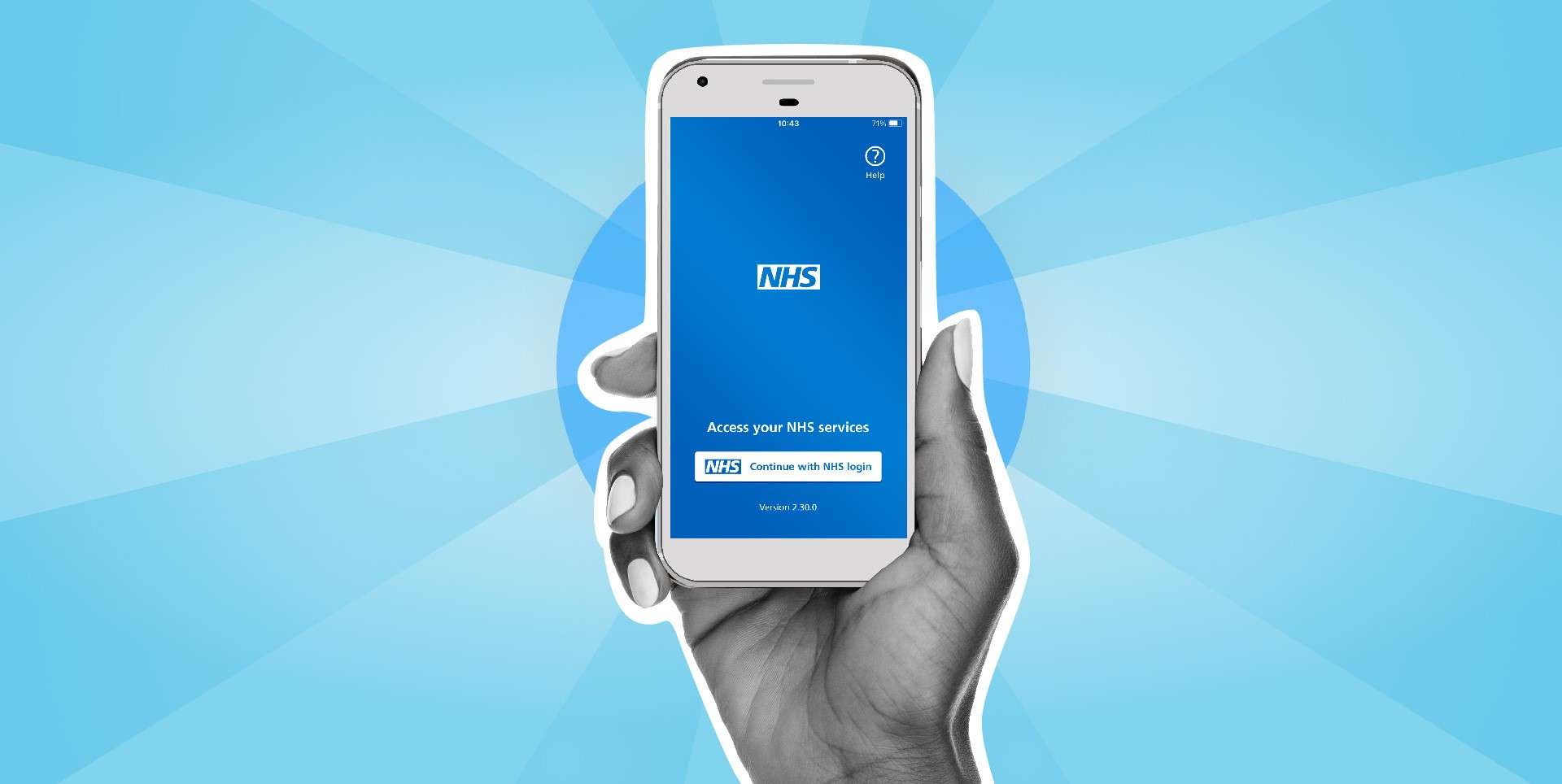Commons committee concludes that NHS England is not doing enough to determine whether patients were harmed by correspondence backlog
The Public Accounts Committee has strongly criticised the NHS and the Department of Health for their failure to address a “staggering mishandling of sensitive data”.
A newly published PAC report examines the case of some 709,000 items of NHS correspondence which were mishandled by NHS Shared Business Services (NHS SBS), a company partially owned by the DoH. Up until 19 months ago, the firm was under contract to redirect to GPs in south-west and north-east London and the East Midlands about 700,000 letters each year that had initially been sent to the wrong address.
In March 2016, NHS SBS revealed to the DoH and NHS England “that it had found a backlog of correspondence which had not been redirected, some of which dated back several years”, PAC said.
“A total of 709,000 items of correspondence were eventually found to have been mishandled,” the committee added. “NHS SBS missed many opportunities over at least five years to identify and rectify the problem.”
So far, about 1,000 cases “of potential harm” to the patients to whom the correspondence relates have been identified by GP reviews, according to PAC. Reviews of potential harm have still not been undertaken for a total of 102,000 letters that have now, finally, be sent to the correct GP.
Related content
- Digital service to allow patients to track how their NHS data is used
- Probe launched into leak of more than 500 junior doctors’ personal details
- ICO fines Islington Council £70,000 after website endangers 89,000 people’s data
The PAC report claimed that, in the absence of the results of a review, “NHS England has assumed without evidence that [those] 102,000 patients have suffered no harm as a result of the delay”.
Another 162,000 items of correspondence are still in yet to be redirected, a process which is scheduled to conclude by the end of the year. The committee recommends that – for all items – NHS England confirms with GPs by the end of March 2018 whether the mishandling caused any patient harm.
PAC chair Meg Hillier said: “We will never know the scale of emotional distress caused to patients by the shoddy handling of NHS clinical mail—a failure in service delivery which stretches back years and has still to run its course. It beggars belief that those tasked with tackling a rapidly expanding backlog of correspondence did not recognise its real-world significance.”
She added: “NHS England eventually stepped in but, even now, huge volumes of mail are still to be properly assessed and we are far from confident health officials are on top of the issues. The hunt for further correspondence, and therefore potential cases of harm to patients, continues.”
An NHS SBS spokesperson said: “We have expressed our regret for this situation and co-operated fully with the National Audit Office and the Public Accounts Committee in their investigations. NHS SBS no longer provides this service.”
An NHS England spokesperson added: “NHS England was deeply concerned to be informed by the SBS company in March 2016 about their backlog of unprocessed correspondence. A team of doctors and other NHS staff was quickly set up to sort through the issues. Fortunately, there is no evidence that any patient has been harmed, and the whole matter is on track to be resolved by March.”
When news of the mishandling of mail first emerged earlier this year, a number of MPs and onlookers were prompted to call for greater digitisation of health records and correspondence.



